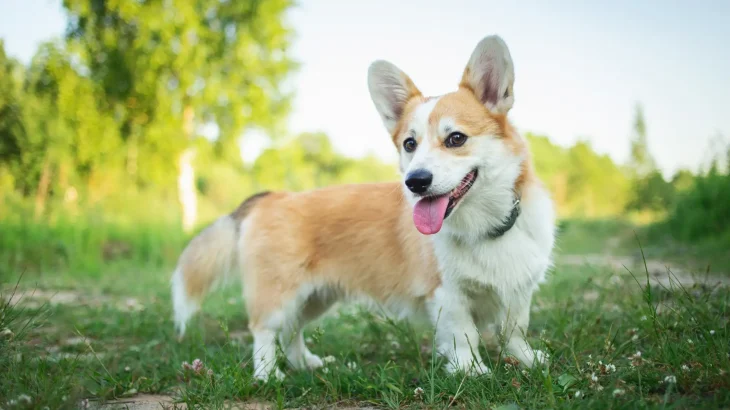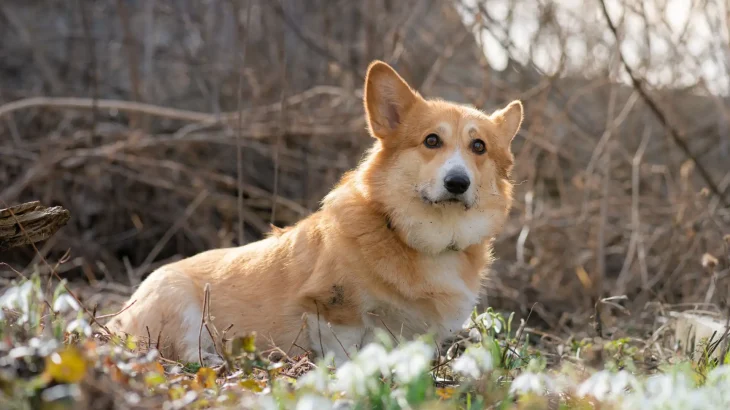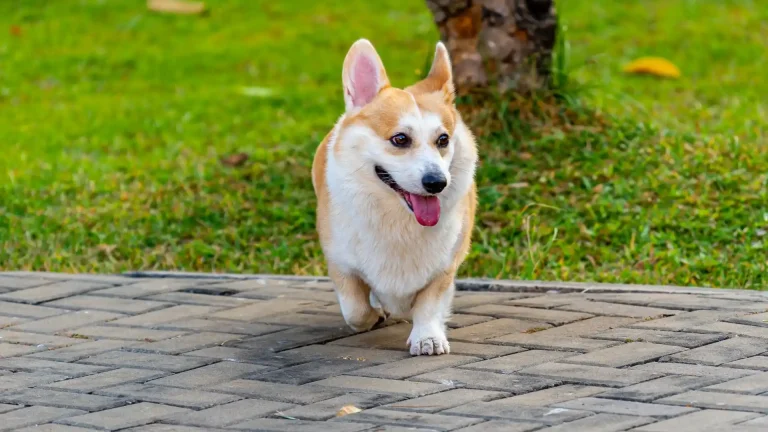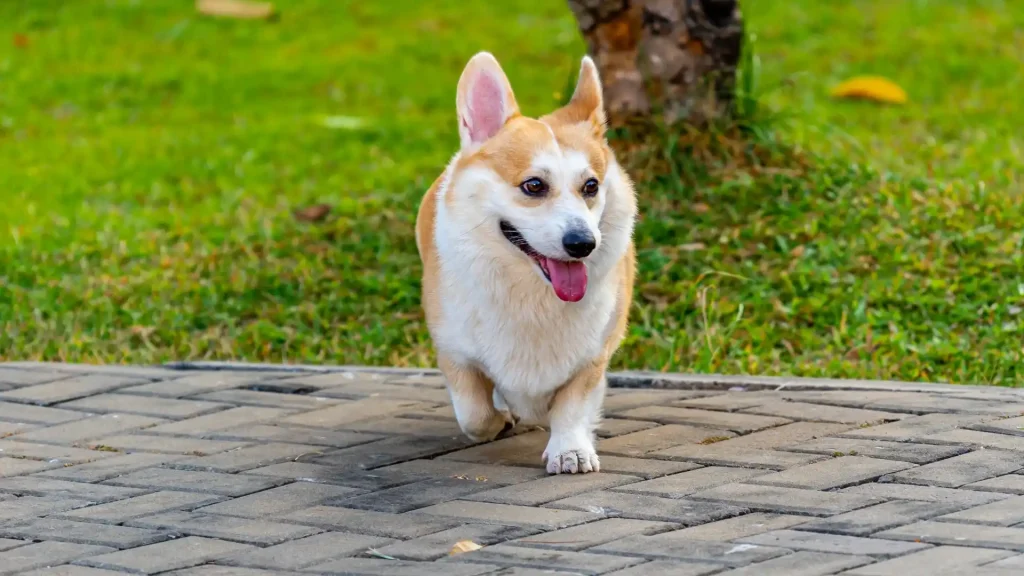Deciding whether to adopt or buy a Pembroke Welsh Corgi puppy depends on what you value most, such as affordability, health transparency, and ethical considerations. Buying from a breeder often guarantees purebred lineage and health history, while adoption offers a chance to give a home to a dog in need, sometimes with less certainty about background.
Adoption vs. Breeder: Pros & Cons
| Criteria | Buying from Breeder | Adopting from Shelter/Rescue |
|---|---|---|
| Cost | Generally higher, ranging from $1,200 to $3,500 for a purebred puppy. | Lower adoption fees, usually $150-$400, often including vaccinations and spay/neuter. |
| Health History | Breeders provide detailed health records and genetic testing to reduce breed-specific risks. | Health history may be incomplete or unknown; shelters usually perform basic health checks. |
| Age Availability | Primarily puppies, allowing earlier socialization and training. | Variety of ages including adults; fewer puppies are found in shelters. |
| Temperament Insight | Breeders can offer information on lineage traits and early socialization. | Shelters provide behavior observations, though backgrounds may be uncertain. |
| Supporting Practices | Supports breeding programs maintaining breed standards—important to choose responsibly. | Supports animal welfare and reduces shelter populations by finding homes for dogs in need. |
| Ethical Considerations | Risk of unethical breeding if not careful; vet breeders for reputation and practices. | Promotes rescue efforts, though breed purity and pedigree may be unknown. |



















































